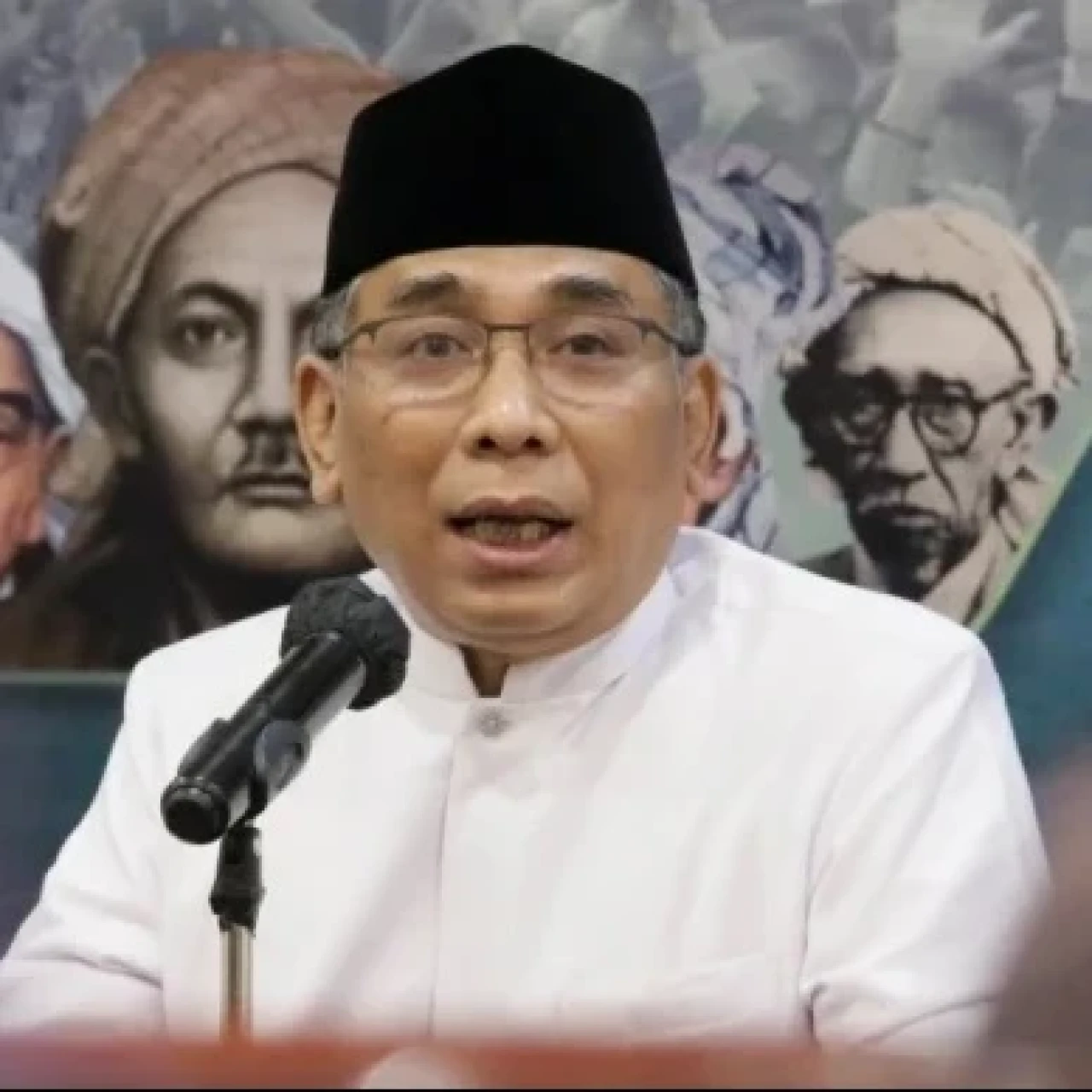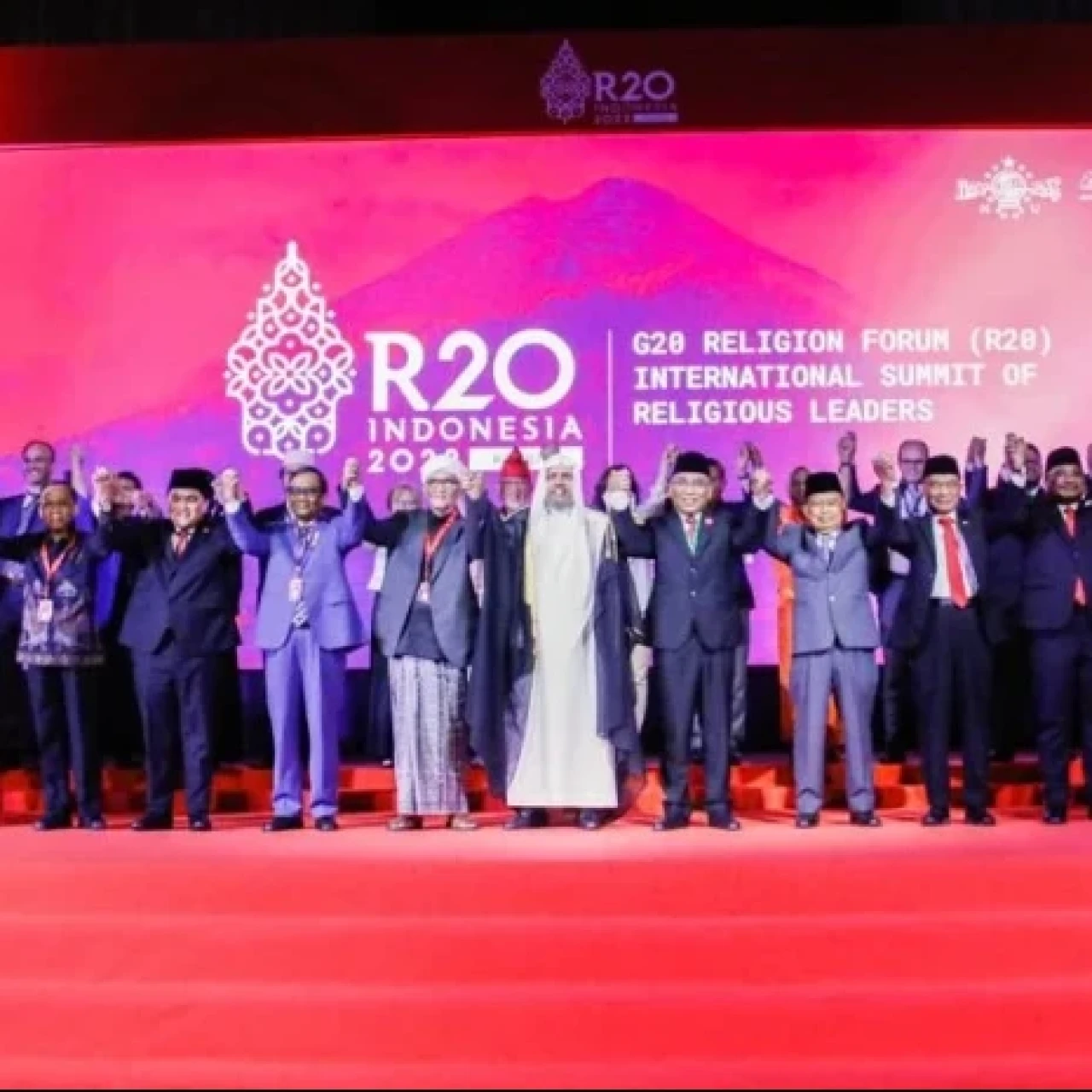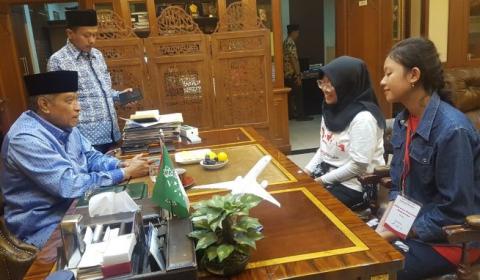The rise of resource nationalism in Indonesia
NU Online · Kamis, 13 September 2007 | 05:15 WIB
The rise of resource nationalism today manifests itself in moves by host country governments to either raise taxes on international oil and mining companies (IOCs), tighten the state's control over production, change contract terms or nationalize the operations.
The trend of resource nationalism appears to have gathered pace this year. In part this has been driven by the high prices of oil and minerals amidst continued strong demand for these commodities. There is also increased popular support for energy and resource nationalism and nationalization in many parts of the world, fueled by the populist rhetoric of opposition politicians while governments place themselves in the defensive. But in several places, the moves originate from within governments.<>
In Russia, the rise of resource nationalism has forced Shell and BP to hand over control of the Skhalin-2 and Kovykta gas schemes to state-owned Gazprom and agreed on a deal with Rosneft, a joint stock company in which the state also maintains a controlling interest.
Tax hikes in Britain and Norway are seen as more "benign" examples of resource nationalism.
High-profile moves have taken place in Latin America. In Venezuela the government of Hugo Chavez took steps to re-nationalize the property of IOCs. They were given the choice to either turn over majority control to a state-owned company and remain as minority partners or face a complete nationalization of operations. Exxon and ConocoPhilips decided to leave, but others like BP and Statoil are staying.
In Bolivia gas and oil fields have been nationalized by force and the government has raised its share of the sales from 18 percent to 82 percent from the biggest fields. Ecuador has also sent troops to take over the holdings of Occidental Petroleum.
In Africa a similar trend is taking place. The Zimbabwe government recently announced it would take control of uranium, coal and methane projects and the Democratic Republic of Congo is reviewing mining contracts. However, the capacity of these governments to take over the activities of international mining corporations is more limited. To overcome these constraints they recently sought greater assistance from China.
In Iran, following his election on a platform that included opposition to foreign investment in oil and gas, Ahmadinejad immediately sought to tighten state control over the oil industry. It is interesting to note that while operations of Western oil companies are being curbed, China's state oil company CNPC has been invited to play a bigger role in the country's exploration and production. Tehran has invited Beijing to develop a large oil field in Iran. Iran is now already supplying some 14 percent of China's oil consumption.
In Uzbekistan and Kyrgyzstan another form of resource nationalism arose when the government imposed taxes and initiated bankruptcy proceedings that resulted in a de facto expropriation of Western mining companies.
The above trends raise several concerns. As demand continues to grow, in part driven by increased rates of consumption in China and India, there is the concern that this rise of resource nationalism could lead to increased inefficiencies.
A large portion of the world's oil is controlled by state oil companies. Only a few of these, like Petronas of Malaysia and Aramco of Saudi Arabia, operate at world-class standards. These countries have seen an increase in production. However, most of the other large state oil companies, including in Iran and Mexico, have much lower operating standards, and production in these countries has been falling steadily.
This indeed should be a cause for major concern as the oil industry is already at a near 20-year low in terms of spare production capacity. This poses further serious questions about energy security. The issue of "peak oil" has become an issue of "political peak oil".
The other concern is over the geopolitics of energy, specifically in regard to the strategic and political implications of China's growing role in the global resources sector as a "demand competitor". In securing the supply of energy it needs, China is widely seen as attempting to replace Western-based companies operating in resource-rich African and other countries by making attractive donations and providing loans to build infrastructure and to exploit their resources.
Its interest in exploiting resources to satisfy its huge consumption has led China to make deals with rouge regimes in various parts of the world. Sudan and Myanmar immediately come to mind.
This rise of resource nationalism can have serious implications globally if it is allowed to slip out of control.
A dose of reality must be injected into the discourse and a readiness to cooperate toward defining an appropriate sharing of resources will need to be created. A global dialogue is needed to come to a common platform on how to address and to overcome the above potential problems.
There might be a greater chance to sensibly explore these issues at the regional level. In fact, this is already happening in East Asia and the wider Asia-Pacific region. Energy security has become a major agenda item in such forums as the ASEAN Plus Three (APT), the East Asia Summit (EAS) and APEC.
However, the "radical" views are not represented in these forums, with the exception of APEC, which involves Russia, if the resource policy of this country can be considered as such.
For one thing, the world's major consumers of energy such as China, the United States and Japan are active participants in these forums. The region also has important producers of oil/gas and minerals such as Australia, Indonesia, Malaysia and Brunei.
It must be kept in mind that about four decades ago Indonesia was at the forefront in devising a workable formula to involve IOCs in the development of its oil/gas and minerals industry. The Production Sharing Contract (PSC) of 1966 has been widely acknowledged as a novel development and has been successfully implemented in Indonesia and several other countries.
The implication of the new resource nationalism for Indonesia is that it should again be at the forefront in devising a new arrangement that accords with the realities and can meet the challenges of the 21st century. Indonesia should capitalize on its past experience.
What is required then is for Indonesia to begin the effort at home. For several years now the implementation of the PSC in Indonesia has been plagued by various problems. This has resulted in low levels of investment in the industry. Indonesia appears to be suffering from almost the same problems as Mexico. Both countries have a rich resource base. But both are no longer able to meet their own energy needs and can no longer sustain a healthy growth of export revenues from their resources.
Indonesia's PSC and Contract of Work (CoW) arrangements need not be completely overhauled. However, major adjustments, with possible renegotiations here and there, are perhaps called for.
This process can be complicated as these adjustments need to consider not only changes in the balance of interests between the parties but also the increasingly more complex challenges that arise from within the Indonesian body politic today.
IOCs must also be open for necessary adjustments. As clearly stated elsewhere, it cannot be assumed that contracts can be written in such a way that they will never need to be adjusted in the course of a petroleum contract that usually lasts for 20 to 30 years.
The writer is executive director of the Centre for Strategic and International Studies (CSIS), Jakarta. Adopted from The Jakarta Post.
Terpopuler
1
Khutbah Jumat: Ramadhan dan Kesempatan yang Tidak Selalu Terulang
2
Innalillah, Ulama Mazhab Syafii asal Suriah Syekh Hasan Hitou Wafat dalam Usia 83 Tahun
3
Kultum Ramadhan: Lebih Baik Sedikit tapi Istiqamah
4
Khutbah Jumat: Ramadhan, Melatih Sabar, Memperkuat Syukur
5
Keluar Mani yang Tidak dan Membatalkan Puasa
6
Khutbah Jumat: Tiga Kebahagiaan Orang Puasa
Terkini
Lihat Semua














